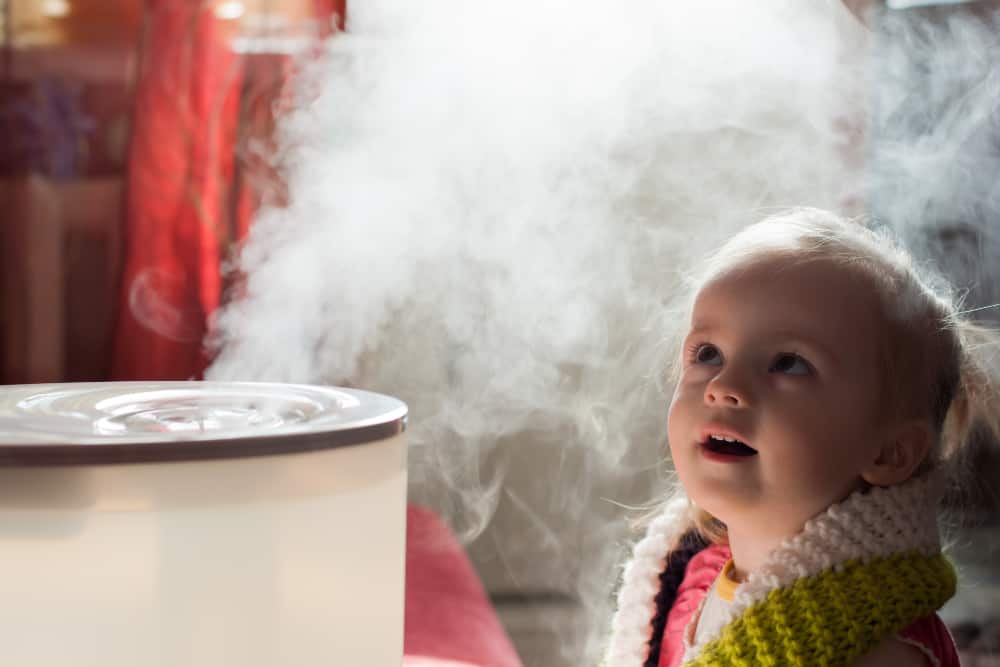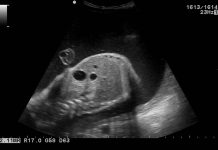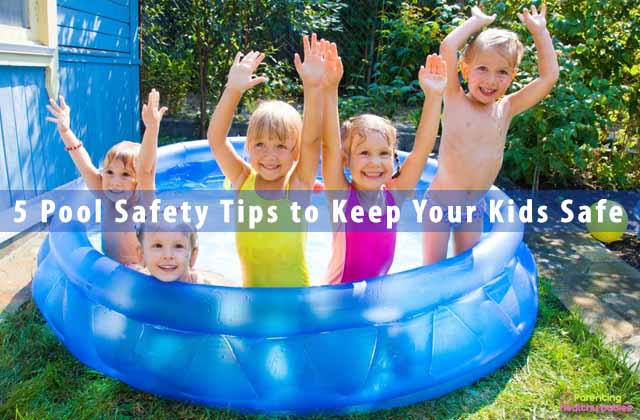As parents, we strive to create a safe and comfortable environment for our babies. One tool that can assist in achieving this goal is a humidifier. Humidifiers are devices that increase the moisture levels in the air, providing potential benefits for infants. However, like any other tool, it’s essential to understand both the advantages and potential side effects before incorporating a humidifier into your baby’s nursery. In this blog post, we will explore the benefits of using humidifiers for babies, as well as the possible side effects to consider.
Benefits of Using Humidifiers for Babies
Relief from Dryness:
Babies have delicate and sensitive skin that can easily become dry, especially during colder months or in regions with low humidity levels. A humidifier adds moisture to the air, preventing dry skin and reducing discomfort caused by itching or irritation.
Easier Breathing:
Dry air can lead to congestion and make it harder for babies to breathe, particularly if they have a cold, allergies, or respiratory conditions. The added moisture from a humidifier can help soothe nasal passages, relieve congestion, and promote easier breathing, leading to more restful sleep.
Relieves Cough and Cold Symptoms:
When your little one is battling a cough or cold, a humidifier can be a valuable tool. The moisture in the air helps to soothe irritated airways, reduce coughing, and alleviate nasal congestion. It can also prevent the mucus from drying out, making it easier for babies to expel and reducing the duration of their symptoms.
Promotes Sleep:
A comfortable sleep environment is essential for babies’ overall well-being. Using a humidifier can create a soothing atmosphere by maintaining optimal humidity levels. The gentle white noise produced by some humidifiers can also provide a calming effect, helping babies fall asleep and stay asleep longer.
Skin Hydration:
Besides preventing dry skin, a humidifier can contribute to overall skin hydration. Adequate moisture in the air helps keep the skin supple and moisturized, reducing the risk of common skin issues such as eczema or dry patches.
Protection from Respiratory Infections:
Studies suggest that maintaining proper humidity levels in the air can help reduce the spread of airborne viruses and bacteria. By using a humidifier to keep the air moist, you may help create an environment less conducive to the survival and transmission of these pathogens, potentially reducing the risk of respiratory infections in your baby.
Side Effects and Precautions:
Over-humidification:
While maintaining optimal humidity levels is crucial, excessive humidity can be problematic. Over-humidification can create an environment that promotes mold and dust mite growth, which can trigger allergies and respiratory issues. It is essential to monitor and adjust the humidity levels in the room, keeping them between 30-50%.
Increased Risk of Dust and Allergens:
Humidifiers disperse moisture into the air, but if the water used in the device is not clean, it can release bacteria, mold, or allergens. Regular cleaning and proper maintenance of the humidifier are necessary to prevent the growth of harmful microorganisms and maintain air quality.
Noise and Disturbance:
Some humidifiers produce noise, which may disrupt a baby’s sleep. It’s important to choose a model that operates quietly to avoid any disturbance during nap times or nighttime sleep.
Burns and Accidents:
Warm mist humidifiers utilize heating elements to produce steam. This poses a potential burn hazard if the baby gets too close or accidentally touches the device. It’s advisable to use cool mist humidifiers in the nursery to eliminate the risk of burns.
Regular Cleaning and Maintenance:
Humidifiers require regular cleaning to prevent the buildup of mineral deposits and mold. Failure to clean the device properly can lead to the release of harmful particles into the air, posing health risks for your baby. Follow the manufacturer’s instructions for cleaning and maintenance to ensure the humidifier operates safely and effectively.
Conclusion:
Using a humidifier can offer numerous benefits for your baby’s health and comfort. From relieving dry skin to easing respiratory symptoms, a well-maintained humidifier can create a more comfortable environment in the nursery. However, it’s crucial to understand the potential side effects and take necessary precautions to ensure the safe and effective use of a humidifier. Regular cleaning, monitoring humidity levels, and choosing the appropriate type of humidifier are essential steps to mitigate any potential risks. Always consult with your pediatrician before introducing a humidifier, especially if your baby has any pre-existing respiratory conditions. With proper knowledge and care, a humidifier can become a valuable addition to your baby’s nursery, contributing to their overall well-being.
Resources:
https://www.ncbi.nlm.nih.gov/pmc/articles/PMC3274745/
https://www.nytimes.com/wirecutter/reviews/best-humidifier-for-a-baby/













